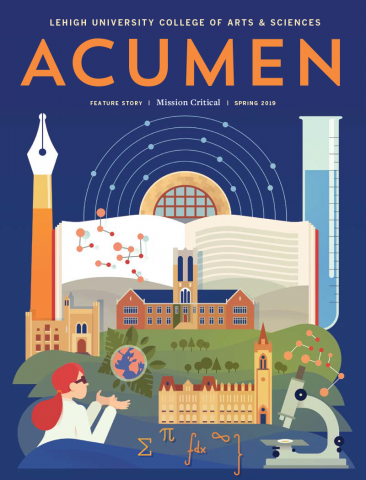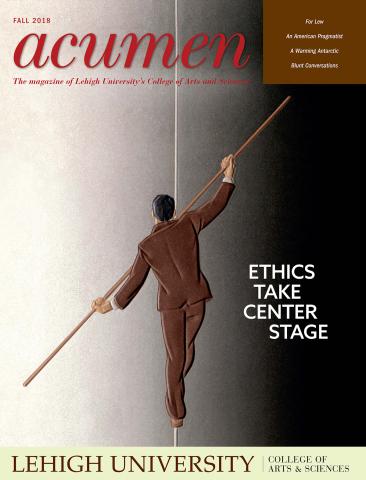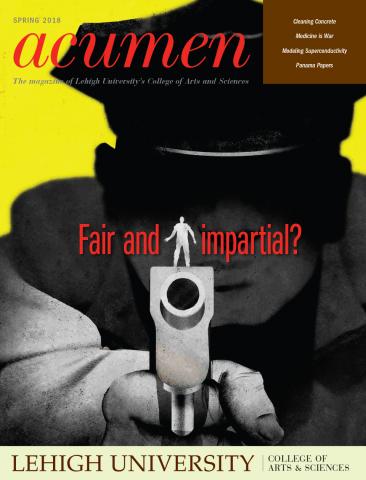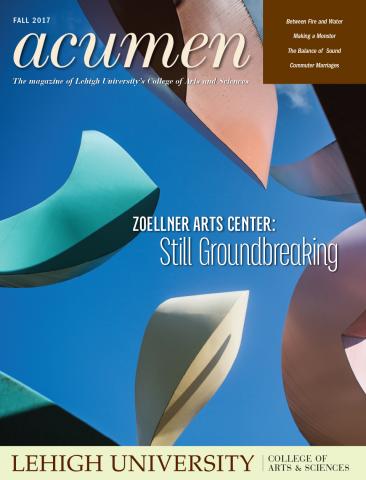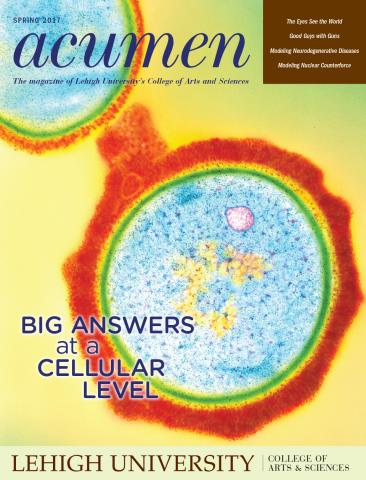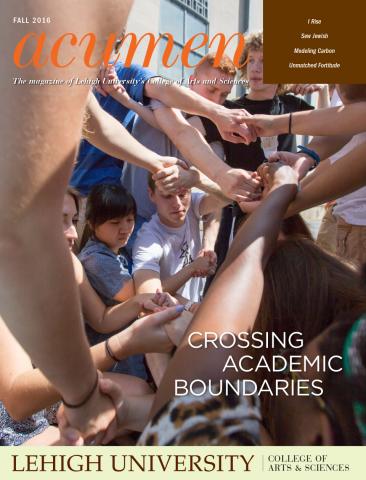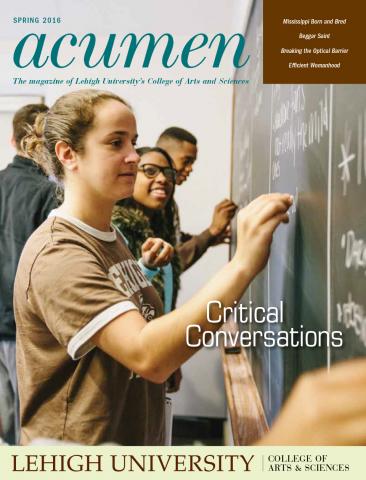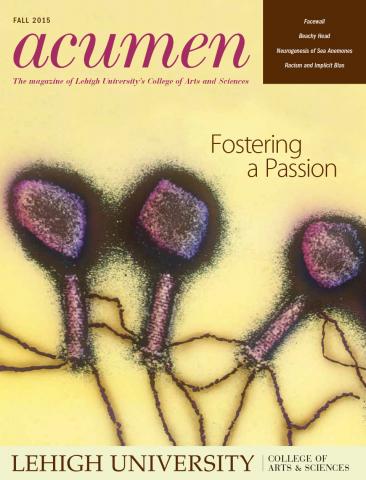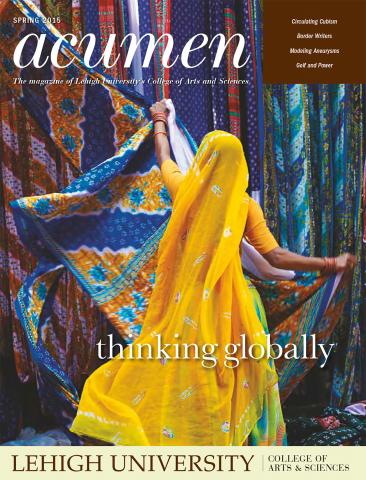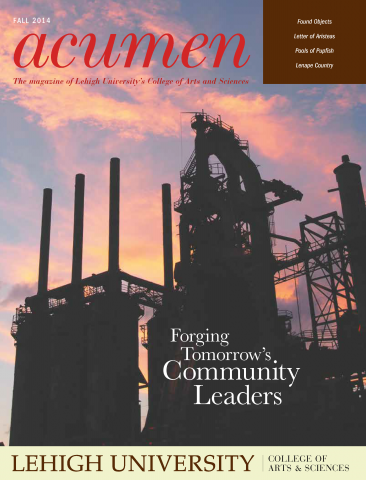
Sometimes, it takes a name to identify a trend. Back when the World Wide Web emerged 30 years ago, a big thinker wrote an influential business book called the The Age of Unreason (1989). In the book, author and management expert Charles Handy coined the term “portfolio career” to describe the dramatic social changes going on in life and the workplace, brought on by new technologies, a decline in full-time positions and other forces that required people to abandon established rules and experiment with new ways of working with one another. The book was later named by Time among the most influential business management books.
The term portfolio career is now a mainstream trend that continues to grow. Today, an individual’s portfolio might consist of an income-producing activity in an area in which they are highly skilled and a lower-income generating pursuit in an area that is personally or professionally challenging, or both—such as starting a business, volunteering abroad and making and selling art. Examples abound: tech CEOs who write novels, accountants who begin record labels and musicians who figure out how to publish their own music.
When Casey Rule ’11 enrolled at Lehigh, English rock band Radiohead and a generation of listeners were shaking up music publishing. Like the Beatles changed the world of music a half-century earlier, Radiohead set off a transformation when the band members established their own company and self-published their seventh album, In Rainbows, as a download from the band website for the price of “whatever you want.” The album entered the Billboard chart, the U.K. Albums Chart and the United World Chart at No. 1. It also gave laptopbearing fans a new way to obtain Radiohead music and to connect with the artist. Radiohead helped to kick off a self-publishing movement that would influence musicians who followed to explore their own version of a portfolio career.
Rule arrived on campus in 2007 and quickly established himself on the music scene.
“Lehigh uniquely caters to students with a broad range of interests. This is what excited me about the school in the first place,” he recalls.
Rule sang with the Lehigh University Choir and Glee Club; became the youngest director ever of the Melismatics, the university’s oldest student-run a cappella group; and started another one called Off the Record. In between singing and conducting, Rule also composed his own music. He wrote pieces for several Lehigh ensembles, earning the Williams Prize for Composition and a Henderson Braddick Composition Prize. He was commissioned by the Martindale Center for the Study of Private Enterprise, after being sent to Iceland as part of its Student Associates Honors program, to write an orchestral piece based on traditional Icelandic folk music. He earned the Presidential Scholarship to continue his studies in composition and spend a fifth year at Lehigh and was awarded a Dale S. Strohl Award for Research Excellence in Humanities and Social Sciences to organize a concert of music written during his time on campus.
Preparing Students for Portfolio Careers
Rule also took advantage of a new program, one that seemed designed to prepare students for portfolio careers or simply the sheer number of full-time positions people now hold over a lifetime. The new normal is four different jobs by the time a person turns 32, according to recent research by the networking firm LinkedIn, which analyzed career moves of 3 million college graduates.
Lehigh’s Integrated Degree in Engineering, Arts and Sciences (IDEAS) program is administered by the College of Arts and Sciences and the P.C. Rossin College of Engineering and Applied Science. A four-year honors program, it allows students to earn a bachelor’s degree with concentrations in both colleges.
“The program appealed to me because it didn’t focus solely on specific fields of study, but rather on how to synthesize a wide range of interests and skills,” said Rule, who pursued computer science and music and was in the first class to graduate from the program.
Links Between Musicians and Software Developers
Theories abound about the connections between musicians and computer science. Wired magazine explored the issue in “Do Musicians Make Good Programmers?”
“In labs doing electronic media around Chicago, the programmers are often musicians who began programming computers late in life, and had none of the normally associated backgrounds (i.e., mathematics),” the author wrote.
Although the article found limited evidence connecting musicians and computer science, the author never talked to Rule, who found new ways to bring the two together. One example: Rule’s “Sorted Affairs,” an electronic piece of music inspired by the sorting algorithms learned in his programming classes. Meanwhile, less than a decade after Radiohead had set off a transformation by starting a company to sell its music on its own website, musicians looking for the flexibility of self-publishing adopted similar approaches and appealed to fans all over the world who sought music on alternative publishing platforms.
Publishing Classical Compositions
After Rule graduated from Lehigh, he spent three years developing online educational math games at Suntex International. He then moved to Wall Street to work as a software engineer for Morgan Stanley. He also continued to compose, winning several significant compositions and developing his own online publishing platform for his choral music.
As Rule talked to other composers about the platform he had created for his own work, he realized that this platform could be useful to many other composers, He decided to form a company, naming it NoteNova Publishing, and established a business model based on his experience as a composer, conductor and singer.
“I wanted to create something that provides composers with the same flexibility and control as self-publishing, but without all the hassle, expense or required technical expertise,” recalls Rule.
NoteNova bills itself as a new approach to music publishing, designed for and by composers, directors and performers. With a carefully curated catalog, the two-anda- half-year-old company now publishes several hundred scores by around 30 composers. It sells primarily digital PDFs of choral scores, as well as hardcopy sheet music.
It breaks from industry tradition in two important ways. First, more than twothirds of the profits on the sale of a piece of music go to the original composer; typical publishing contracts give the composer around 10 percent.
What’s more, NoteNova allows composers to retain full ownership of the copyright to their music, an unusual approach in the industry.
Rule has not sought outside investors because he says he’s concerned he would have to compromise on his founding principles for the sake of higher returns.
“I designed this business model based on what I want to exist as a composer, not necessarily what’s going to be the most profitable,” says Rule. “This is a long-term passion project. I’m going to nurture it for years to come.”























